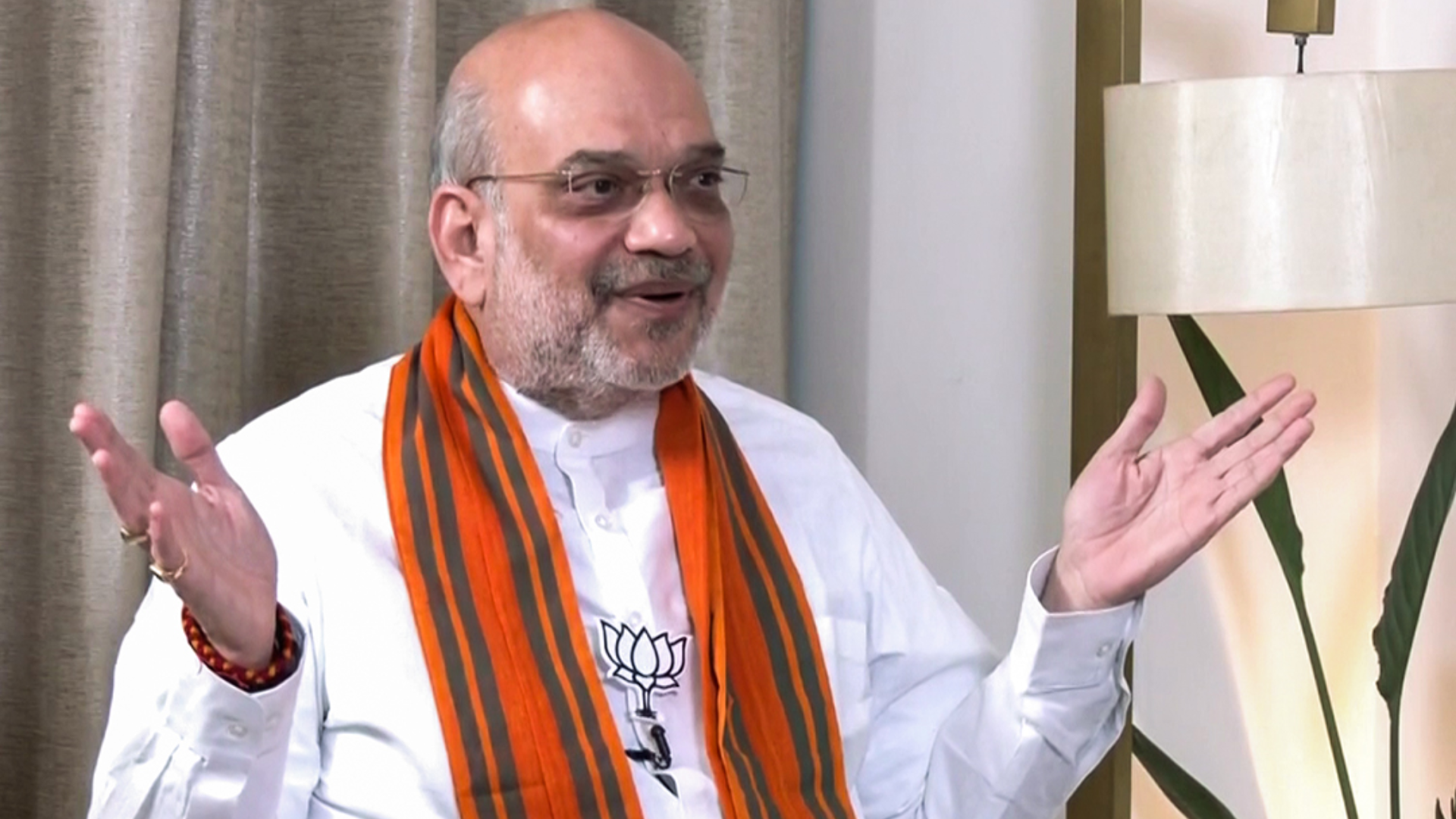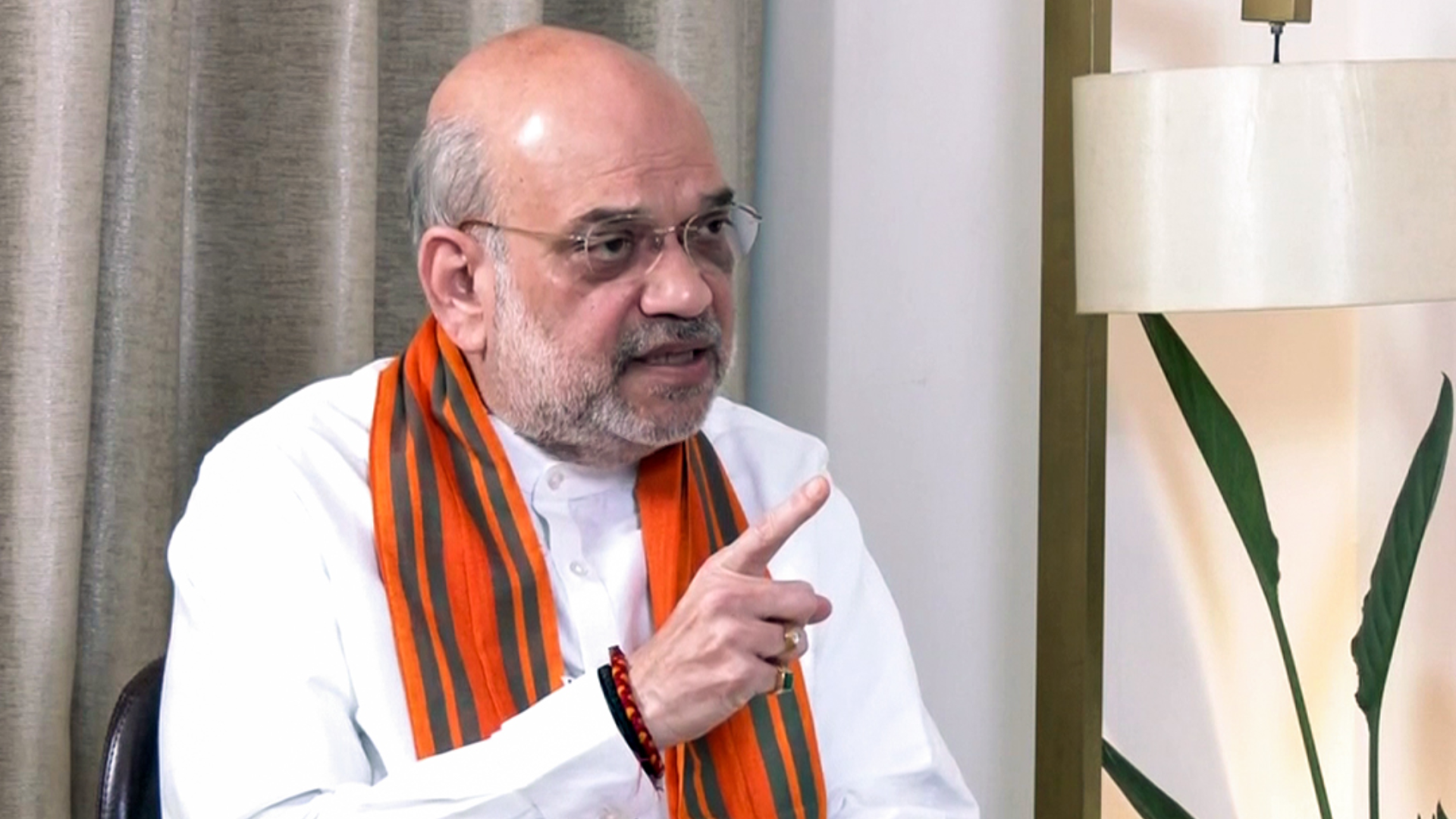










The Ensuring American Global Leadership and Engagement, or the EAGLE Bill deliberated upon by the US Congress can impact American diplomacy in Southeast Asia and beyond and would give the region a fillip needed amid Chinese repressive measures in the Indo-Pacific.
Peter Brian M Wang and Dr Rahul Mishra, writing in New Straits Times said that the initiatives reflect an interest in the US to reinvigorate relations with ASEAN. Nevertheless, there is little doubt that the bill has been drafted with China in mind
Moreover, the statement by congressman and chairman of the House Committee on Foreign Affairs, Gregory Meeks, who introduced the bill, makes this obvious.
“I am proud to introduce the EAGLE Act, ground-breaking legislation that reinvigorates American institutions and competitiveness at home and American diplomacy abroad to effectively respond to the China challenge.”
There is growing consensus in Washington that China poses the most significant challenge to its global leadership today. The Bill will commit Washington to be more involved with Association of Southeast Asian Nations (ASEAN) states, reported New Straits Times.
A commitment to support ASEAN members in addressing maritime and territorial disputes also finds a mention in the bill, said Wang and Mishra.
More importantly, mentions achieving “peaceful, diplomatic, and, as necessary, legitimate regional and international arbitration mechanisms, consistent with international law”.
This would entail the US’ support for the adoption of a code of conduct in settling the South China Sea (SCS) dispute.
There is also a provision that calls for the demilitarisation of the SCS, which would be in line with and support ASEAN’s current stand, reported New Straits Times.
Most importantly, the bill acknowledges the “ASEAN Centrality”. Provision 18 of Section 25 provides for the allocation of appropriate resources across the US government to articulate and implement an Indo-Pacific strategy that respects and supports the crucial role of ASEAN and supports ASEAN as a source of well-functioning and problem-solving regional architecture in the Indo-Pacific community.
China has for the most part of the 21st century, attempted to tone down tensions. Initially changing the narrative of its rise i.e., replacing the phrase “peaceful rise” to “peaceful development” and then working to address some of these concerns, say Wang and Mishra.
However, China is no longer agreeable to a place inferior to the US in any way, manifested in Wang Yi’s statement just before the Deputy Secretary of State Wendy Sherman’s China visit, reported New Straits Times.
The Chinese foreign minister said China would not accept the US taking a “superior” position in the relationship. With failed talks at Alaska in March and Tianjin last month, and now the passage of the EAGLE Bill in full swing, one wonders what China’s reaction will be.
The bill is certainly promising for ASEAN, especially if it leads to positive participation and contribution from those outside the region. It could contribute to keeping ASEAN’s central and strategic equilibrium a paramount feature of Southeast Asia and the wider Indo-Pacific region, say Wang and Mishra.
There are also additional provisions to address issues such as human smuggling and trafficking, refugees and migrants, and regional development (the Mekong Basin), under the EAGLE Bill.
Other priority initiatives include the US-ASEAN Smart Cities Partnership, ASEAN Policy Implementation Project, US-ASEAN Innovation Circle and US-ASEAN Health Futures, reported New Straits Times. (ANI)









